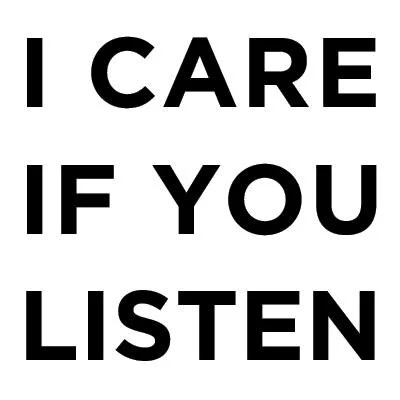The Source Ted Hearne
TED HEARNE
THE SOURCE
From composer, singer, and bandleader Ted Hearne, The Source is a data-obsessed, modern day oratorio written for 7 instrumentalists and 5 singers including Hearne himself. The Source explores the life and story of U.S. Army Private Chelsea Manning, and the content and implications of the hundreds of thousands of classified military documents she infamously leaked to WikiLeaks. Like Hearne's previous release for New Amsterdam, the widely hailed Katrina Ballads, The Source draws on a litany of primary source texts (stitched together by librettist Mark Doten) – including Twitter feeds, cable news interviews, chat transcripts and declassified military reports. It’s “creatively ambitious, genre-smashing music distinctive not only for its attention to topical issues, but also for its uncommon way of dealing with them” (Los Angeles Review of Books).
The piece premiered as a multimedia production (directed by Daniel Fish) at the BAM Next Wave Festival in 2014, and received rave reviews in The Wall Street Journal, Opera News, among others.
"The music, like the text, draws from diverse sources," Hearne says of the piece. "Auto-tuned recitatives, neo-soul ballads, icy string trios and moments of cracked-out musical theater are peppered with (and sometimes structured around) samples that bridge sonic worlds." Referential shards ranging from Big Boi's interpolation of Soul II Soul to Clay Aiken's revisitation of The Threepenny Opera cut through and against texts from military operations in Iraq and Afghanistan to create new ways of experiencing the polyphony of our globally interconnected world. "As a whole, the album is a pleasantly uncomfortable listen—challenging us to confront ideas of gender, war and music itself through dazzling fireworks of sound. This isn’t easy territory, but it was never meant to be” (New York Times).
Tracklisting:
[EXPLOSIVE HAZARD]
Oh The Shark
[Trust Logs]
s/as boy/ as a boy
[A young boy released several pigeons]
Julian in a Nutshell
[CRIMINAL EVENT]
Interlude: Don’t want to be a part
Complex Keys
[Smoke when bird nears]
[The marine that engaged]
[We called for illumination at 1630]
I encrypt as much as I can
A program note from the composer:
These songs are a patchwork, the words of various American primary source texts, mostly dating from 2005-2010.
The US military documents known as the 'Iraq War Logs' and 'Afghan War Diary' form a central part. These classified communications, leaked from the Dept. of Defense by Pfc Chelsea Manning (then Bradley Manning), were released in 2010 by WikiLeaks and their media partners.
Manning, then 22 years old and stationed in Iraq, was reported to the authorities by the famed former hacker Adrian Lamo and arrested in May 2010. Manning had sought out Lamo online, drawn by his reputation as a hacker, his public support of WikiLeaks, and possibly his sexual orientation (Manning was aware that Lamo is bisexual and worked for greater LGBT rights in the 90's.) The two engaged in a far-ranging online chat, during which Manning spoke of the leaks, as well as her feelings about herself, her gender identity, life in the Army, US foreign policy, secrecy, and her hopes that her actions would lead to "worldwide discussion, debate and reforms." Excerpts of these chats, published by Wired.com, are set to music in this piece as well.
Other sources include tweets from Lamo defending his decision to turn in Manning, an array of questions that journalists posed to Julian Assange in 2010, and selections of interviews, radio, social media and popular music, drawn mostly from the same time period as the leaks.
Why 'oratorio'? The Source is a hybrid work that mixes and matches from several different genres, so it's hard to come up with a single word to describe the type of piece it is, but I like "oratorio" for a couple reasons. One reason is that an oratorio (unlike an opera) never asks the audience to pretend the musicians are fictional characters; a singer may perform or interpret the words of a character, but there are no costumes or sets, and they aren't acting a role.
Another reason is that like most oratorios, The Source approaches its subject matter through discrete movements with tangentially related texts, rather than through traditional narrative storytelling. Ideas are juxtaposed and placed adjacent (or on top of) one another, but not wrapped into a digestible plot.
About the auto-tune: The Source features an interactive use of auto-tune style vocal processing that I developed with composer Philip White in our work as the vocal/electronics duo R WE WHO R WE. I think of the auto-tune in The Source as a reflection of the self. It may be an image filtered through endless data on a computer screen, or one neutralized by the distance between Brooklyn and Iraq, or an image of the person we (or Manning) could if we could play the roles that are expected of us."
















